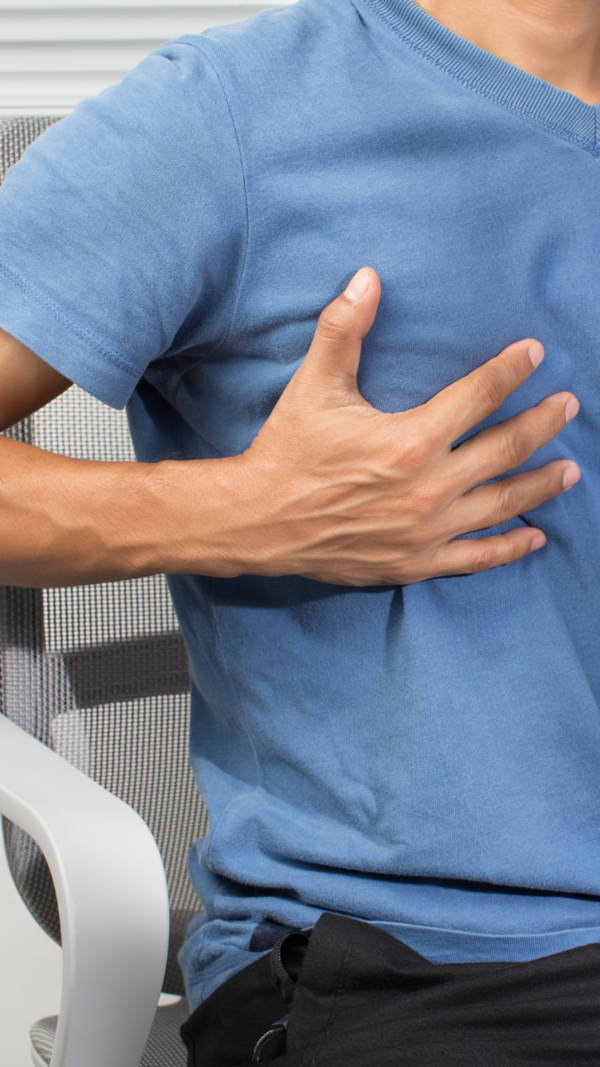- News
- lifestyle
- health-fitness
- health-news
- 10 silent cancer dangers sneakily hiding in homes
10 silent cancer dangers sneakily hiding in homes

What we might be using regularly could cause us cancer
The home is seen as a safe space. But, to our surprise, it can be filled with hidden items that may slowly harm the body over time. Many everyday household products, chosen for convenience or style, have been linked to serious health issues, including cancer. While these items don’t cause cancer overnight, long-term exposure to certain chemicals and compounds in them has raised red flags.
Here are 10 such hidden dangers and what alternatives we should consider.

Nonstick cookware: A danger that heats up
Nonstick pans are popular for mess-free cooking, but many of them are coated with chemicals called PFAS (per- and polyfluoroalkyl substances). These “forever chemicals” don’t break down easily and may leach into food when the cookware is overheated. Studies have linked PFAS exposure to several cancers including kidney and testicular cancer.

Plastic containers: Convenience comes at a cost
Storing leftovers in plastic containers may seem harmless, but some plastics contain BPA (bisphenol A) or phthalates, which can interfere with hormones and may increase the risk of breast and prostate cancers. Heating food in plastic further increases this risk.
Safer switch: Use glass, ceramic, or stainless steel containers for food storage and reheating.

Aluminium foil: The hidden risk in the kitchen
Aluminium foil is commonly used in baking and grilling, but studies show that cooking with it — especially with acidic or spicy food — can cause aluminium to leach into meals. High levels of aluminium in the body have been linked to neurotoxicity and potential cancer risks.
Safer switch: Replace foil with parchment paper when baking or use glass/ceramic dishes for oven cooking.

Refined oils: A silent source of harmful fats
Refined vegetable oils like sunflower, soybean, and canola oil are processed at high temperatures, stripping away nutrients and producing trans fats or free radicals. These compounds can lead to inflammation, which plays a role in cancer development, especially colon and breast cancers.
Safer switch: Cold-pressed oils such as extra virgin olive oil, mustard oil, or coconut oil retain nutrients and are safer for daily use.

Plastic water bottles
Plastic bottles, especially those left in heat or reused often, can release microplastics and harmful chemicals like BPA. These substances may disrupt the endocrine system and are suspected to play a role in hormone-related cancers.
Safer switch: Use reusable stainless steel or glass bottles. These are eco-friendly and non-toxic.

Canned foods
Canned foods come lined with a resin containing BPA, which may leach into the food — especially when acidic contents like tomatoes are stored. BPA has been linked to breast cancer, prostate cancer, and metabolic issues.
Safer switch: Go for fresh or frozen foods. When choosing canned items, look for labels that say “BPA-free.”

Scented candles: Fragrance with a toxic trail
While they create a soothing atmosphere, many scented candles are made with paraffin wax and synthetic fragrances. Burning these can release benzene and toluene — both of which are known carcinogens.
Safer switch: Choose candles made from beeswax or soy wax with natural essential oils. Ventilate rooms well when burning any kind of candle.

Plastic chopping boards
Chopping boards made of plastic may release tiny plastic particles into food over time, especially when knife marks accumulate. These microplastics can enter the body and possibly disrupt cell processes. Though the long-term effects are still being studied, they pose a potential risk.
Safer switch: Go for wooden or bamboo chopping boards. They are durable, biodegradable, and naturally antimicrobial.

Ultra-processed foods
Packaged snacks, ready-to-eat meals, and sugary cereals are often loaded with preservatives, artificial colors, and additives. These ingredients may trigger chronic inflammation and have been linked to higher risks of colorectal and breast cancer.

Air fresheners and room sprays
Safer switch: Use natural air purifiers like activated charcoal, indoor plants, or DIY sprays made with essential oils and water.








